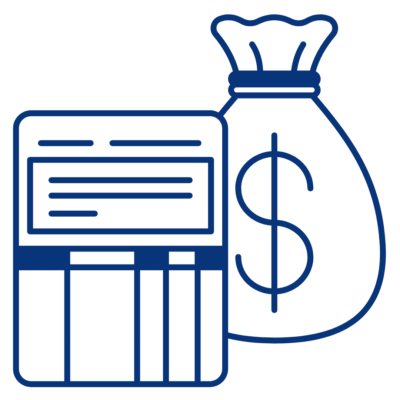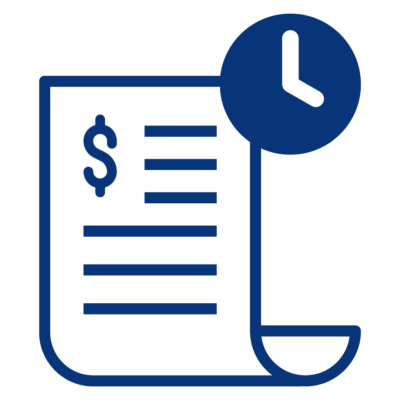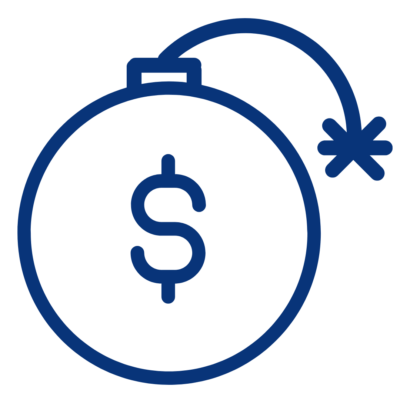Graduation marks the beginning of a new chapter for college students, filled with new opportunities and challenges. For many new graduates, managing finances effectively is a crucial step toward achieving long-term stability and success. Navigating personal finances after graduating can seem daunting, especially when faced with student loans, credit scores, and budgeting for the first time. However, with the right strategies, new college grads can set themselves up for financial success.
In today’s blog, we’ll discuss 6 personal finance strategies to help new college grads take positive steps toward achieving their financial goals.
- Student loan payments

- Living expenses
- Cell phone bills
- Subscriptions
- Personal care items
- Transportation expenses
- Car loans





